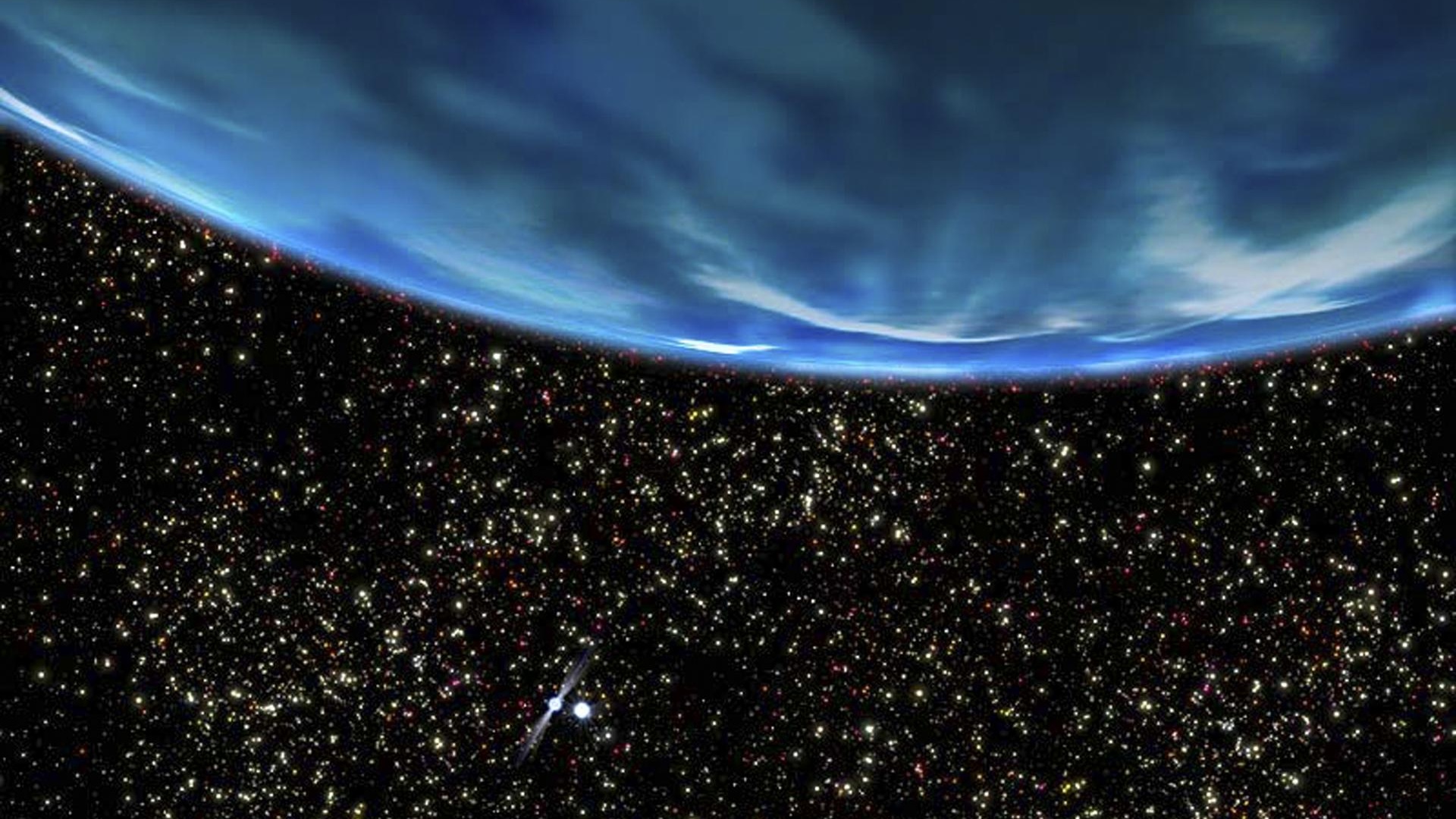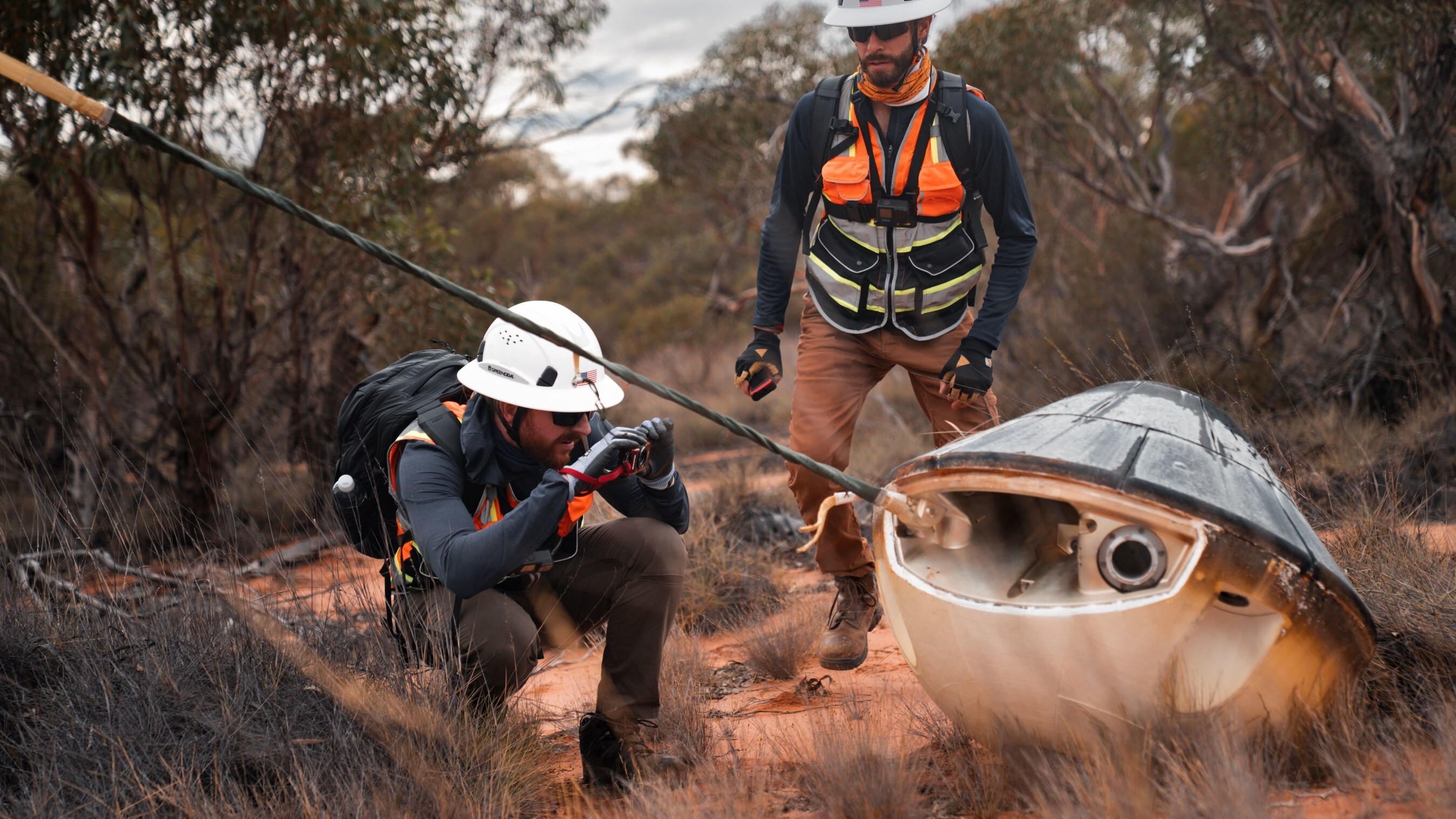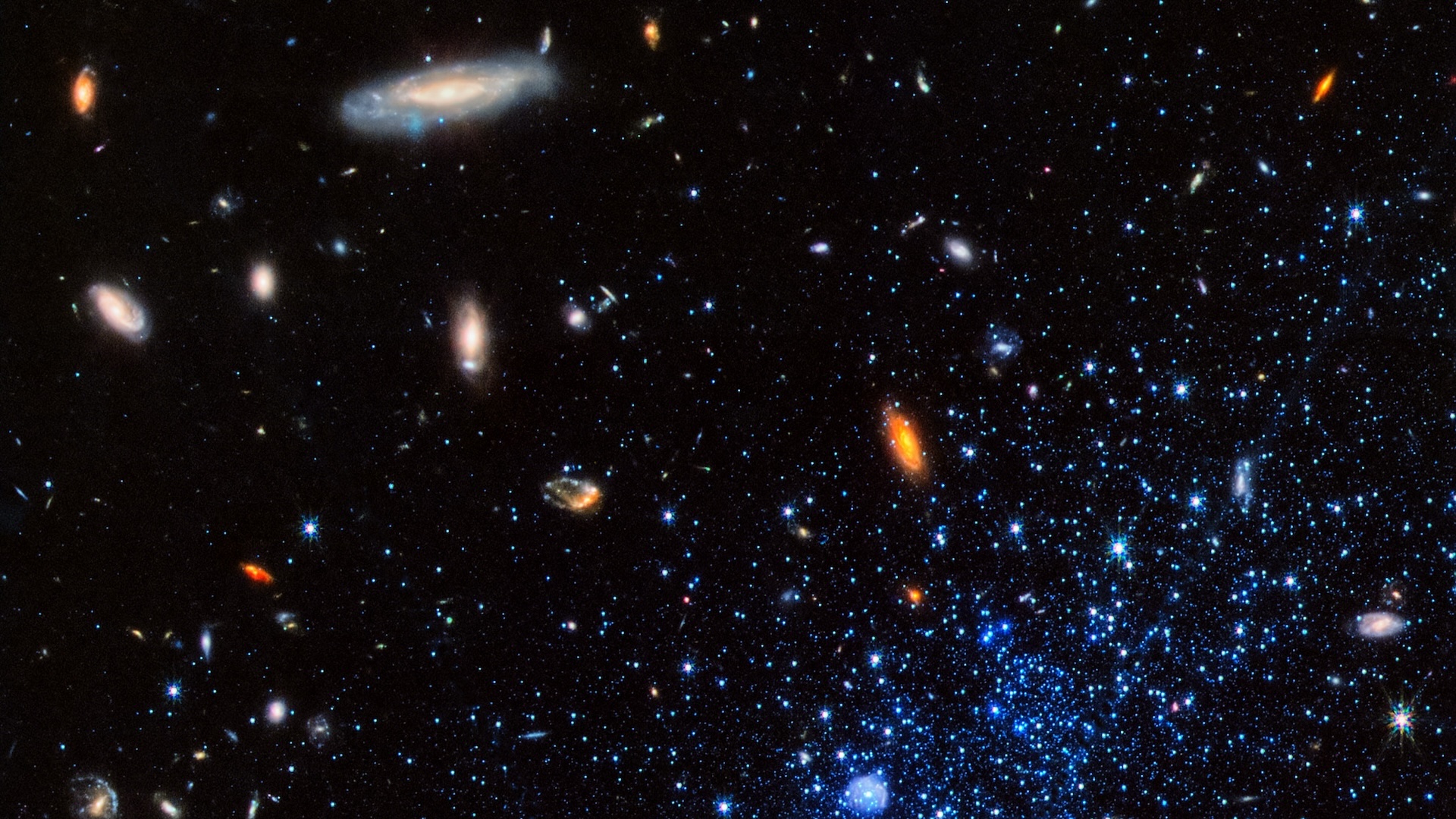Space news, features and articles
Explore Space
Editor's Picks
Latest about Space
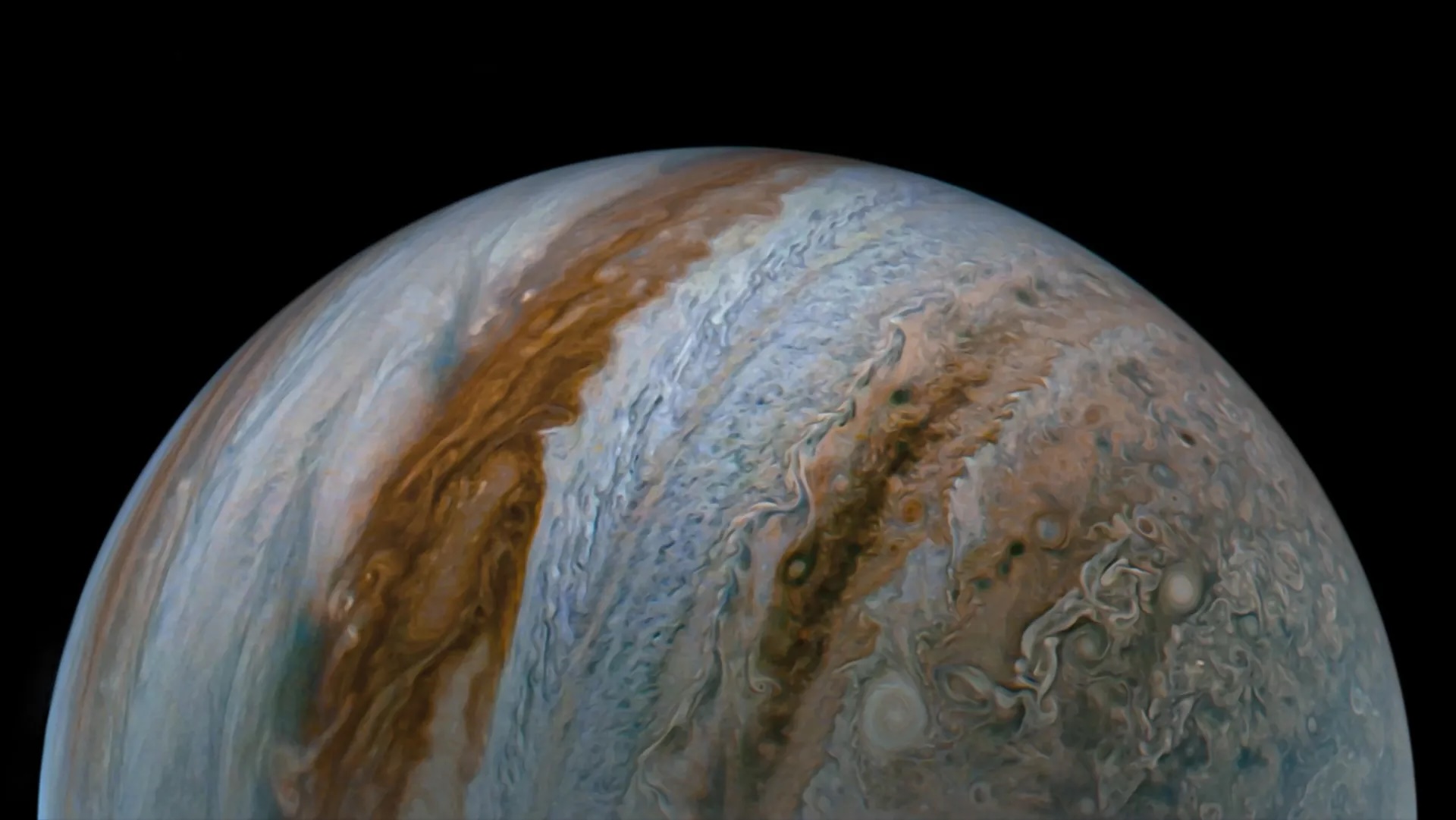
Powerful solar winds squish Jupiter's magnetic field 'like a giant squash ball'
By Victoria Corless published
A massive solar windstorm in 2017 compressed Jupiter's magnetosphere "like a giant squash ball," a new study reports.
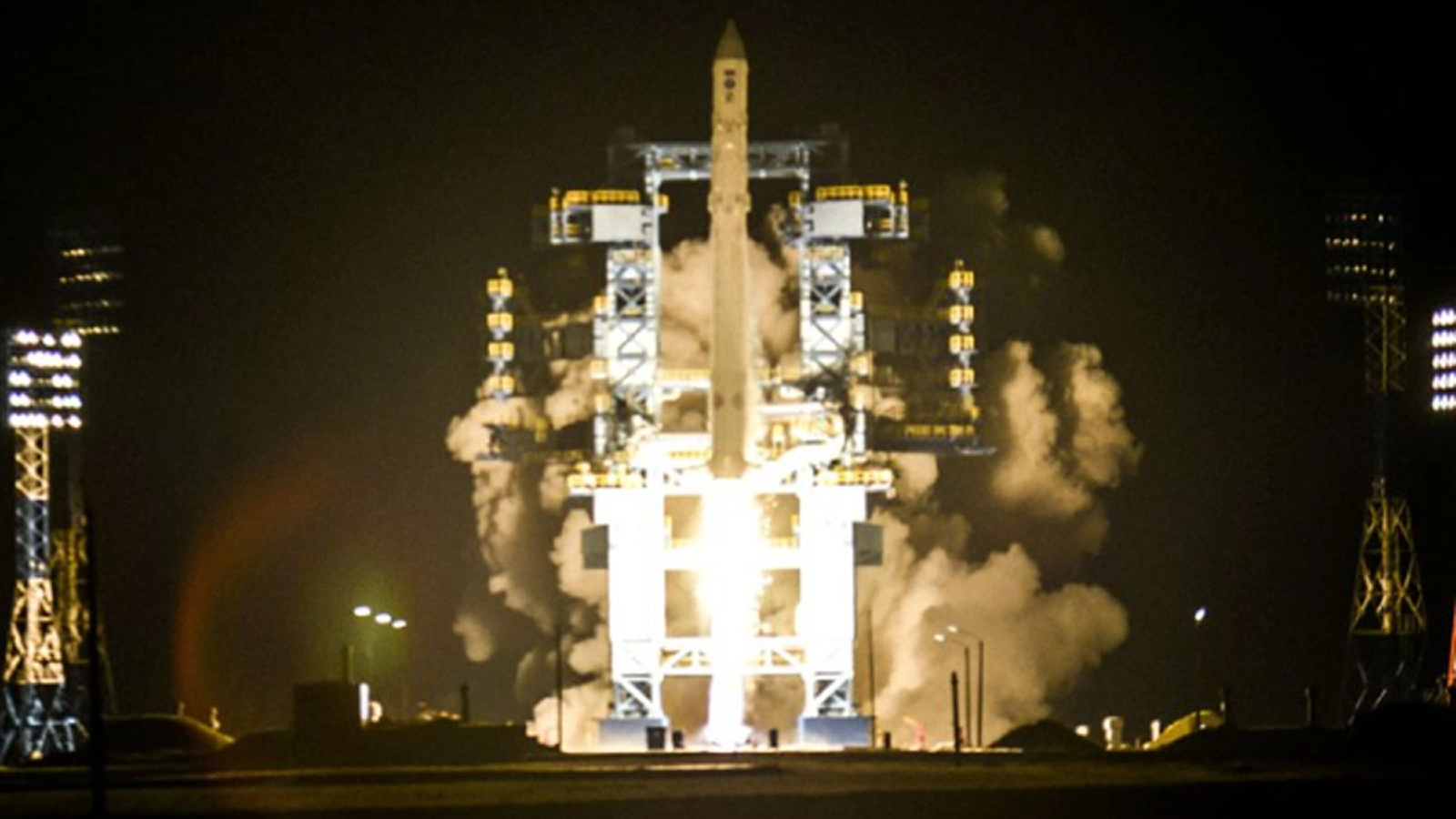
Secretive Russian military satellites release mystery object into orbit
By Andrew Jones published
The classified Kosmos satellite trio has sparked intrigue in space-tracking circles.

One of our favorite beginner's telescopes — now under $300 with a 20% saving at Amazon
By Paul Brett published
Deal The AstroMaster 102AZ is one of Amazon's best selling beginner telescopes and rated for its ease of use and versatile performance.
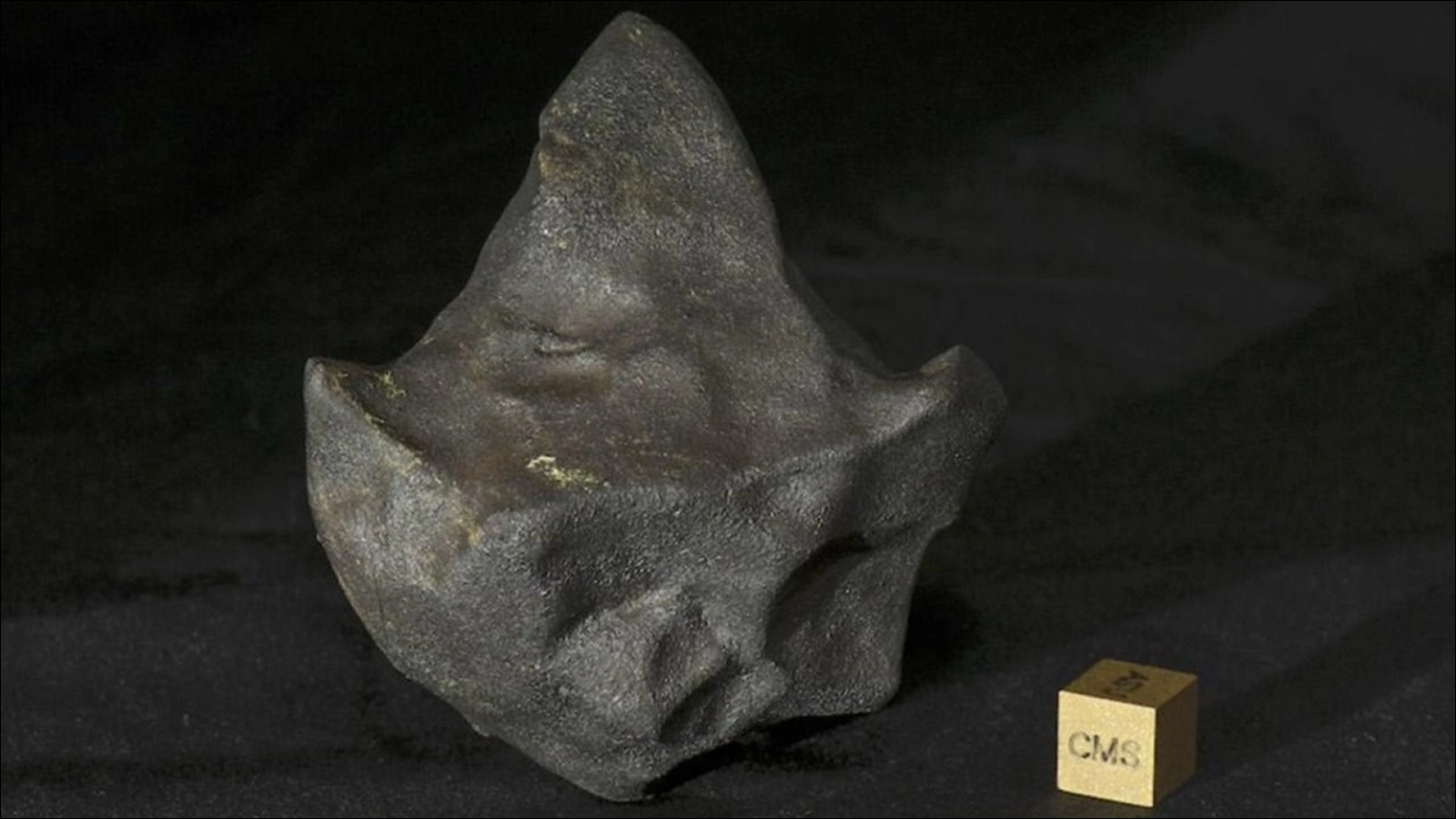
How a 'mudball' meteorite survived space to land in the jungles of Central America
By Keith Cooper published
"The fall of Aguas Zarcas was huge news in the country. No other fireball was as widely reported and then recovered as stones on the ground in Costa Rica in the past 150 years."
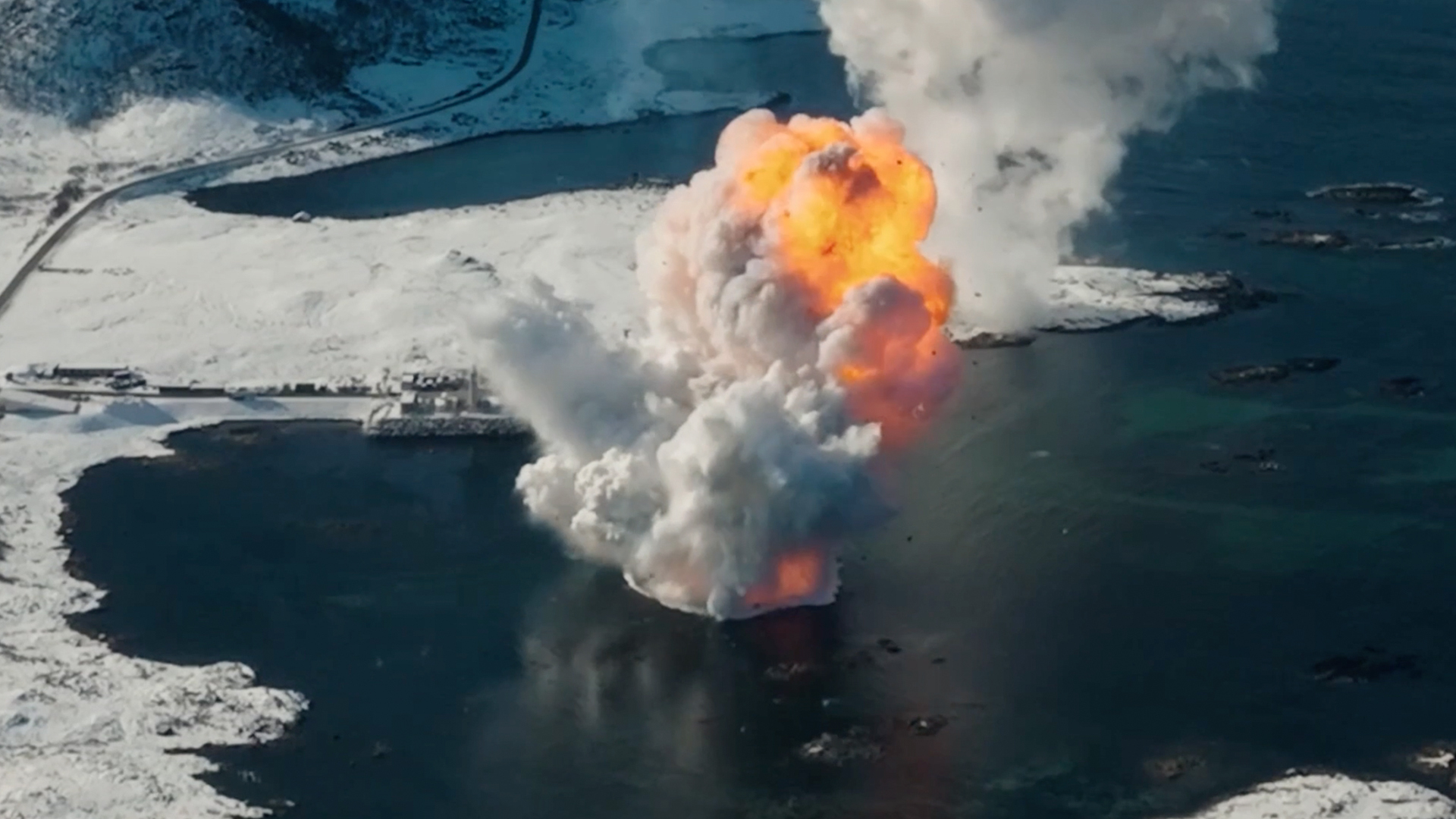
Watch a private German rocket explode during 1st orbital launch attempt from European soil (video)
By Mike Wall published
A dramatic video shows Isar Aerospace's first orbital launch attempt, which ended with a fiery crash into the frigid sea about 30 seconds after liftoff.
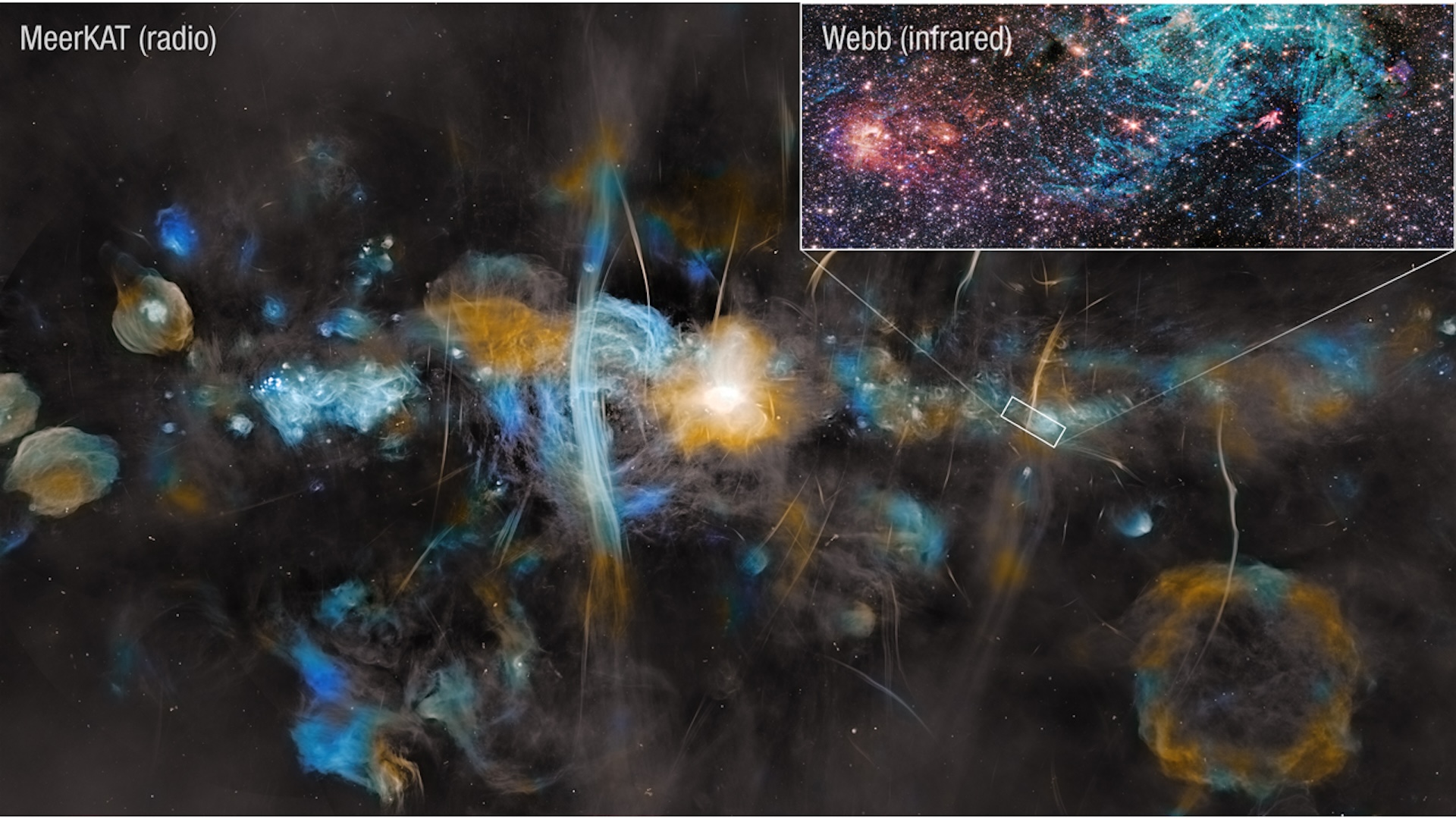
Space photo of the week: The chaotic heart of the Milky Way like you've never seen it before
By Jamie Carter published
The James Webb Space Telescope (JWST) has teamed up with the MeerKAT radio telescope array to explore how magnetic fields affect star formation at the chaotic center of the Milky Way.
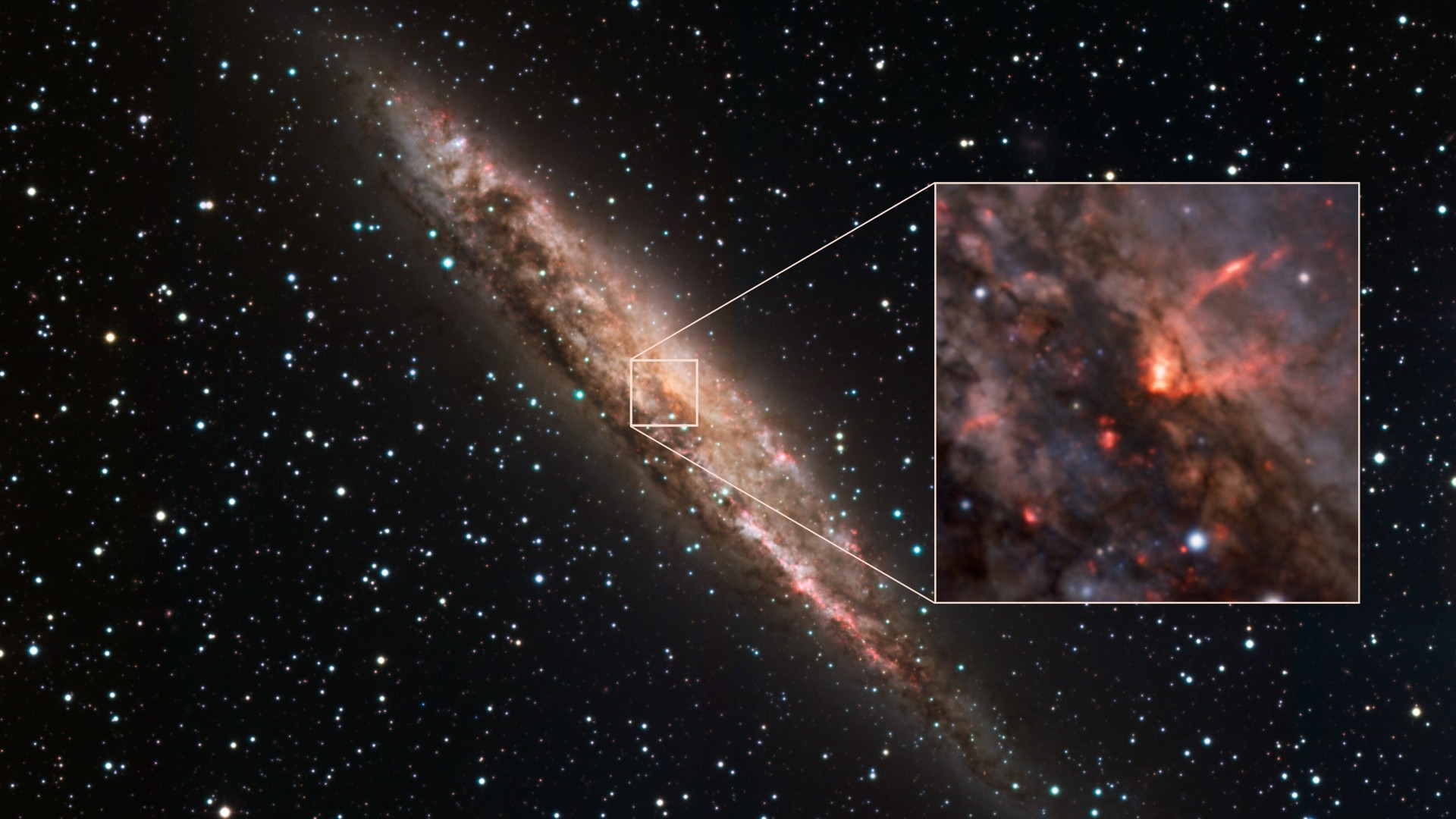
Incredible photo shows supermassive black hole blowing a jet of matter into interstellar space
By Samantha Mathewson published
A spiral galaxy known as NGC 4945 exhibits powerful winds of material blowing from the supermassive black hole located at its core in a new photo taken by the Very Large Telescope in Chile.
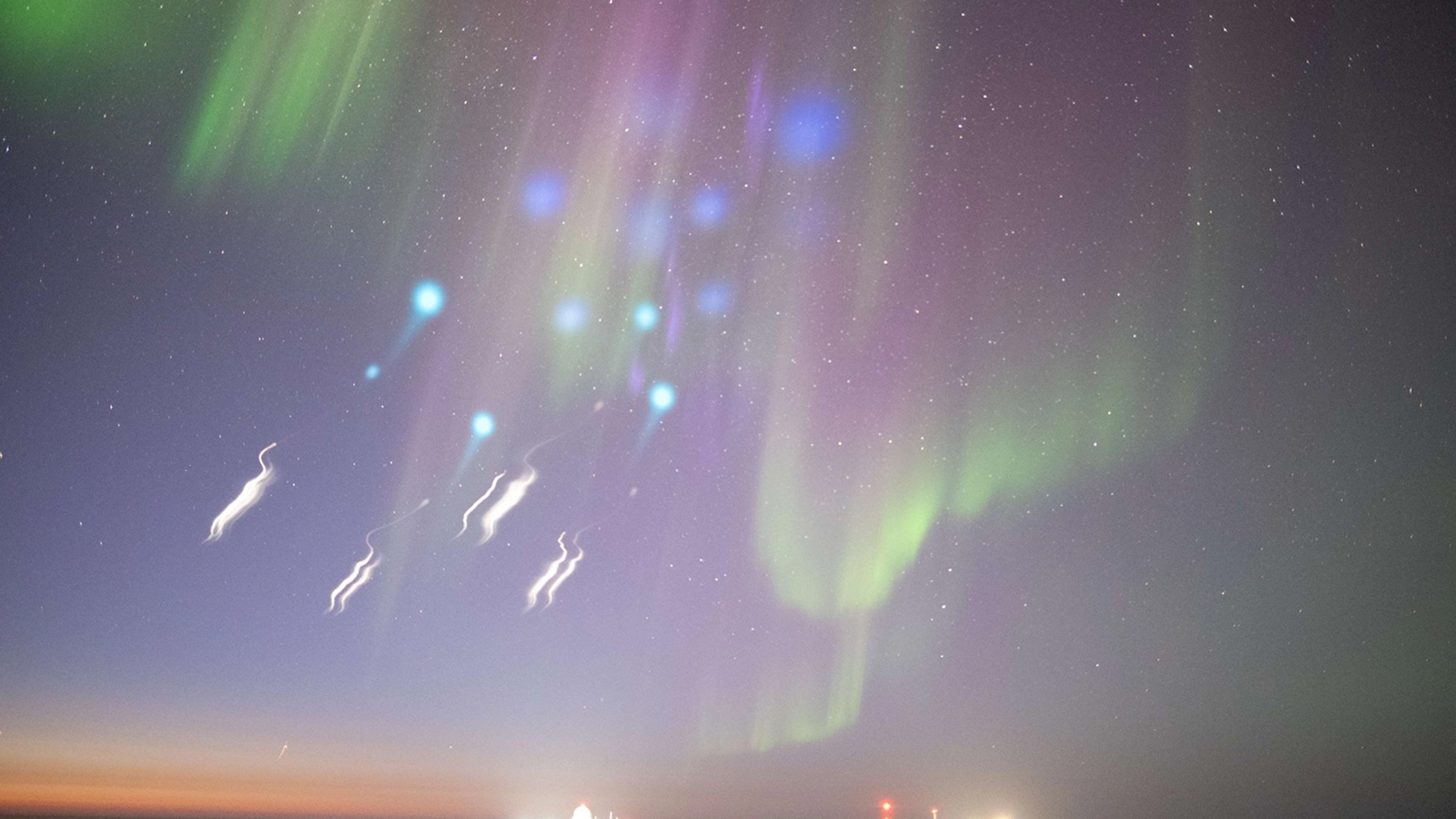
NASA launches rockets into auroras, creating breathtaking lights in Alaskan skies (photos)
By Samantha Mathewson published
The sounding rockets released vapor tracers and pressure sensors at different altitudes across central and northern Alaska during a sudden auroral substorm.
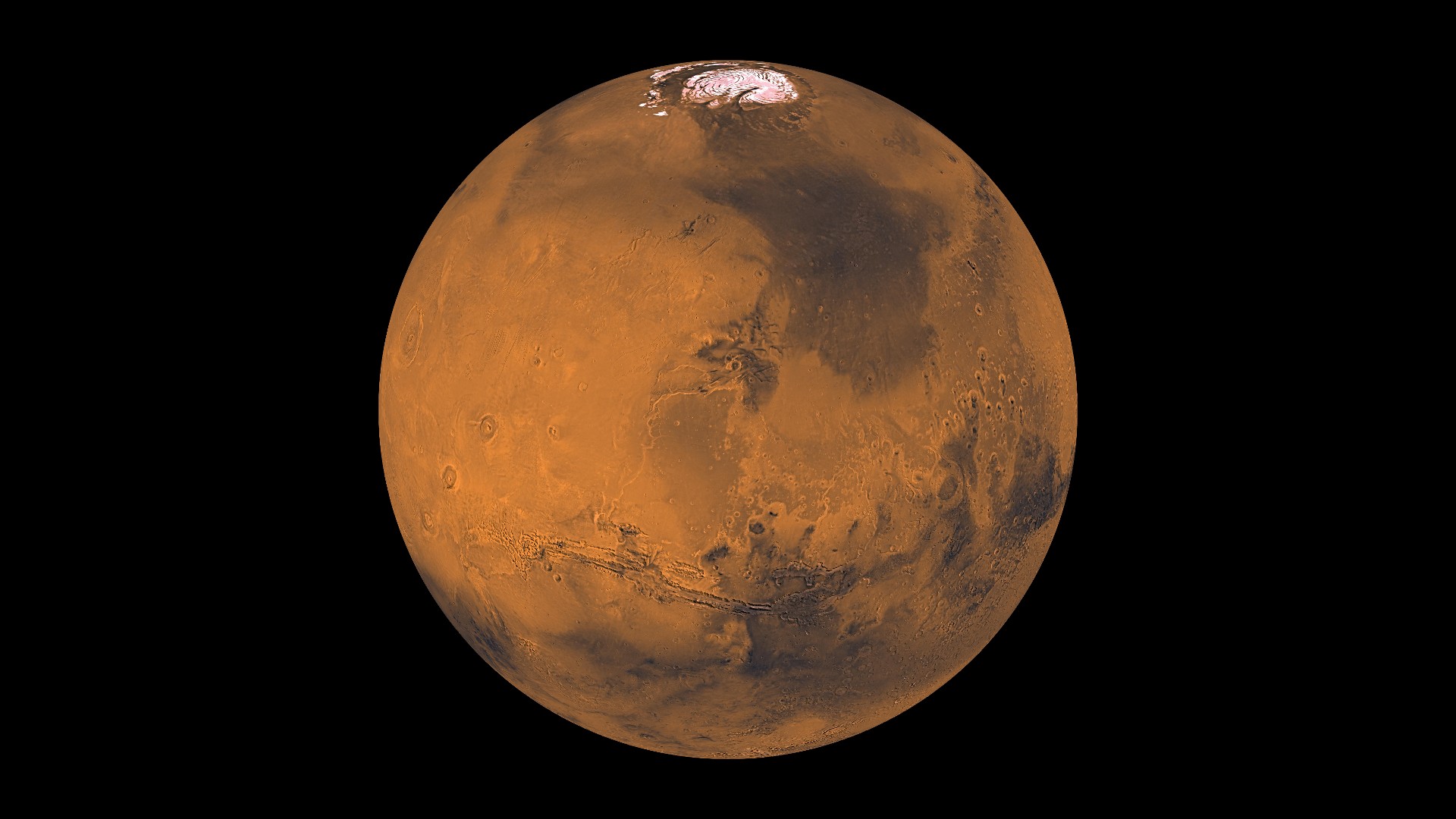
Mars: Facts about the Red Planet, its moons, and possibilities for life
By Adam Mann, Brandon Specktor last updated
Discover interesting facts about Mars, its moons, its atmosphere, and the possibilities of life.
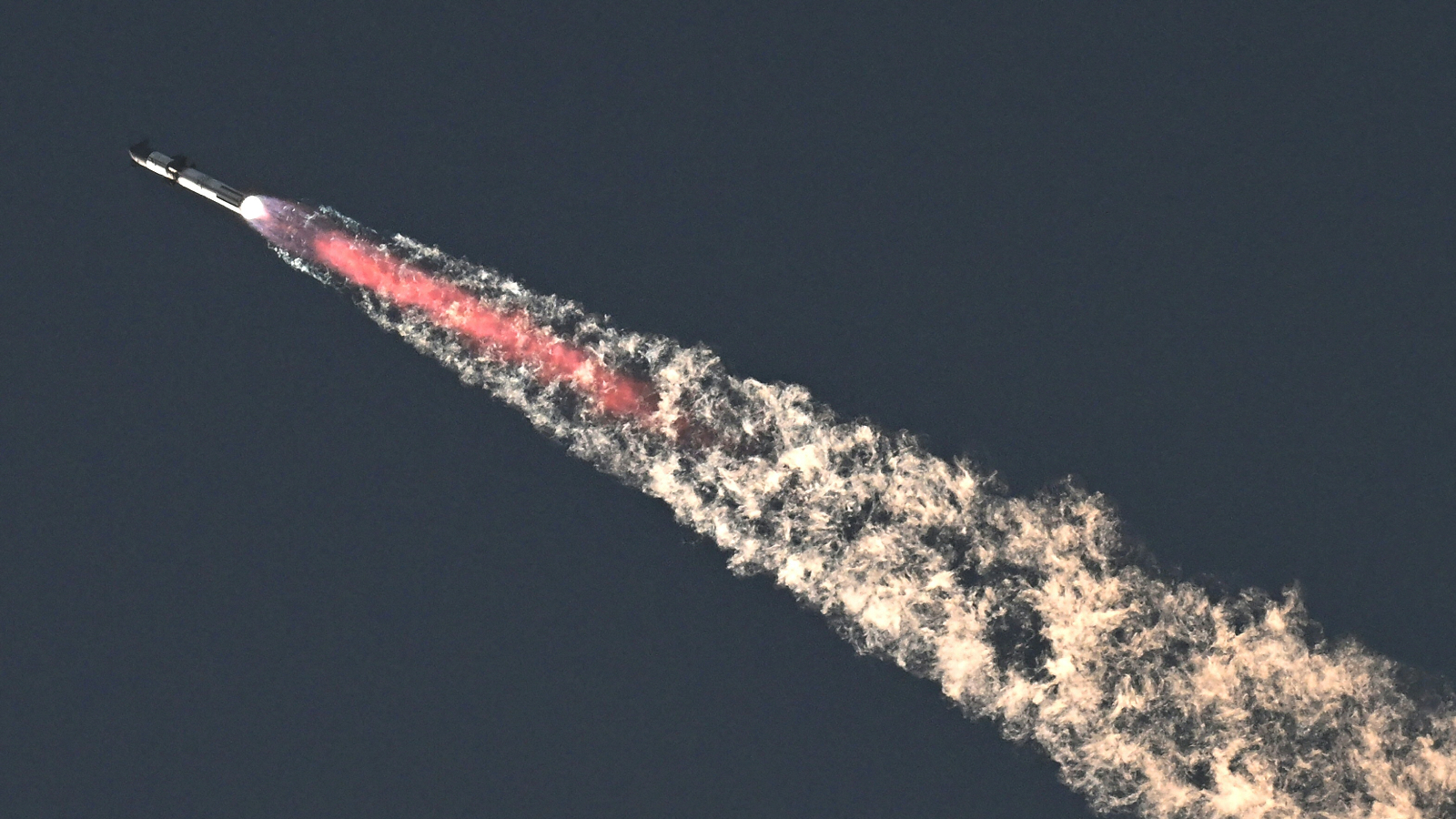
NASA signs new contract to use SpaceX's Starship — even though it keeps blowing up
By Harry Baker published
SpaceX's Starship has been awarded a NASA contract that will allow it to be considered for future missions. However, recent explosive tests have shown the supersized spacecraft is still far from mission-ready.
Sign up for the Live Science daily newsletter now
Get the world’s most fascinating discoveries delivered straight to your inbox.
